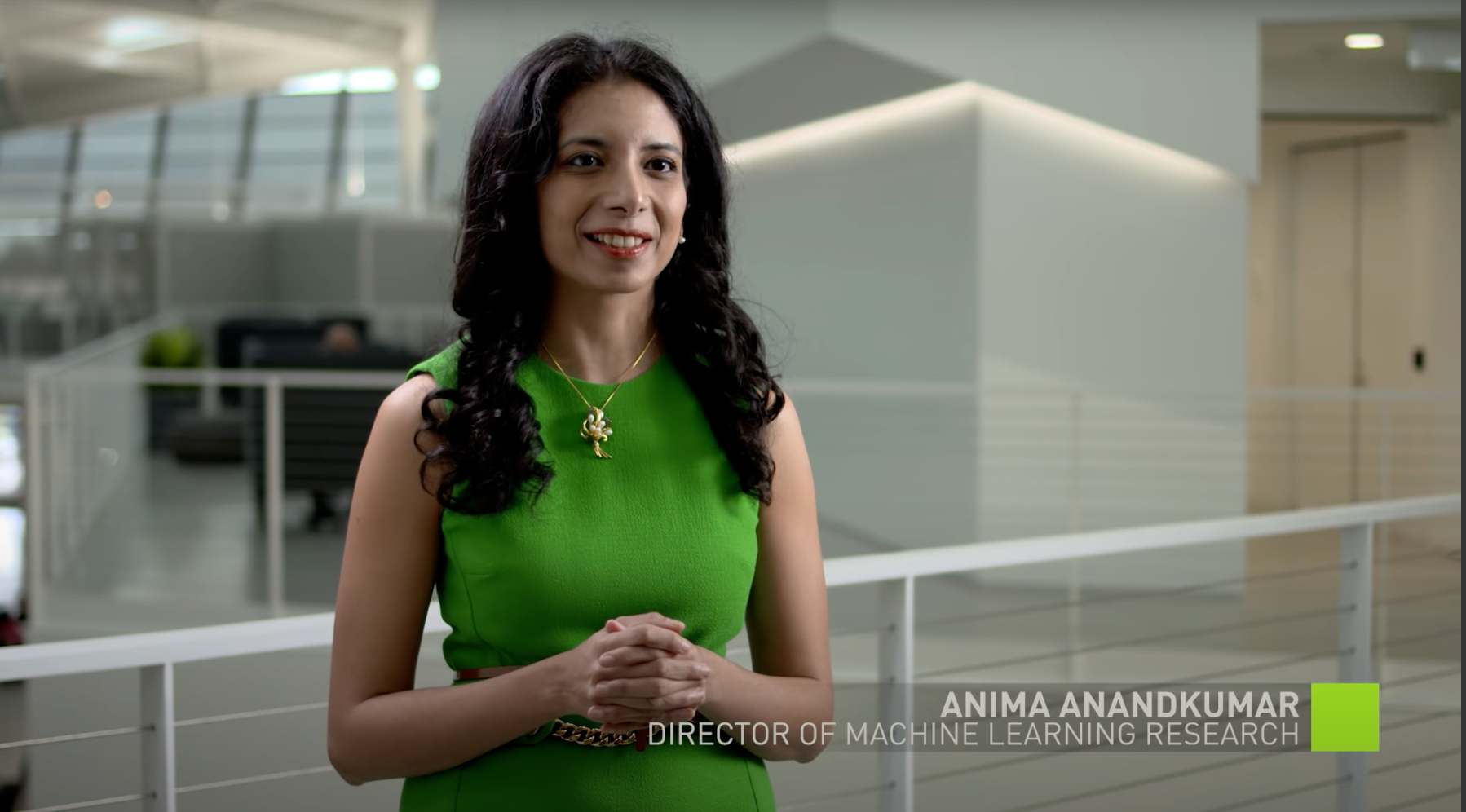Curiosity in the Age of AI: Lessons from Anima Anandkumar

In a recent Business Insider interview, Caltech professor and former Nvidia/Amazon AI leader Anima Anandkumar emphasized the irreplaceable value of human curiosity in the AI era.
While AI can generate new ideas, Anandkumar points out that practical experimentation, validation, and discovery still rely on human initiative — and often come with high costs and slow timelines. She urges students and professionals alike to embrace curiosity, seeing AI not as a threat but as a powerful amplifier for learning and problem-solving.
Her message is a sharp counterpoint to the growing fear that AI will simply replace human thinkers. Instead, she sees the future as belonging to those who know how to ask better questions.
Summary
This perspective is crucial, especially in educational contexts.
Too often, discussions about AI in schools focus on efficiency, shortcuts, or replacement:
- Will AI replace teachers?
- Will students just use chatbots to write their essays?
- Will coding even matter when machines can code themselves?
Anandkumar’s answer is a resounding no — not if we focus on cultivating what AI can’t replicate:
- Deep curiosity
- Critical thinking
- Practical experimentation
In the classroom, this means encouraging students to use AI as a learning partner, not as a crutch. It means asking:
- How can AI help us test hypotheses faster?
- How can we creatively combine AI outputs with human judgment?
- How do we balance automation with authentic learning?
Reflection
This really resonates with me.
When I think back to my own recent learning — especially wrestling with Debian, Docker, and self-hosted tools — I realize how much AI-supported tinkering played a role. Without tools like ChatGPT, the learning curve would have been far steeper. But even with these tools, success still hinged on my own curiosity, persistence, and willingness to experiment.
AI didn’t hand me expertise. It accelerated my learning, but I had to show up and do the mental work.
That’s the mindset I want to carry forward — and the mindset I think we need to help students develop. Because as Anandkumar warns, the real danger isn’t that AI will take over; it’s that we might stop asking questions, thinking the machine has all the answers.
